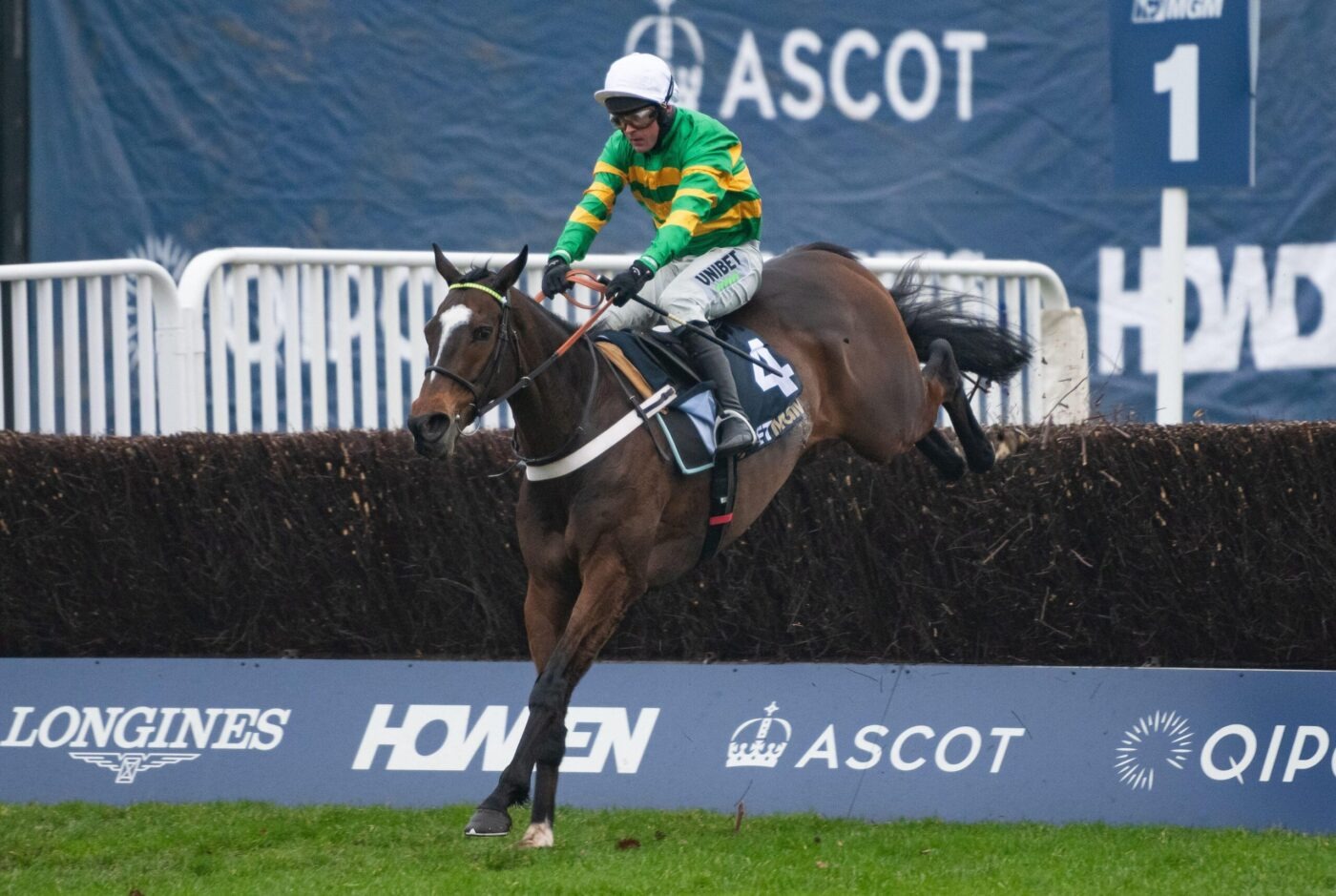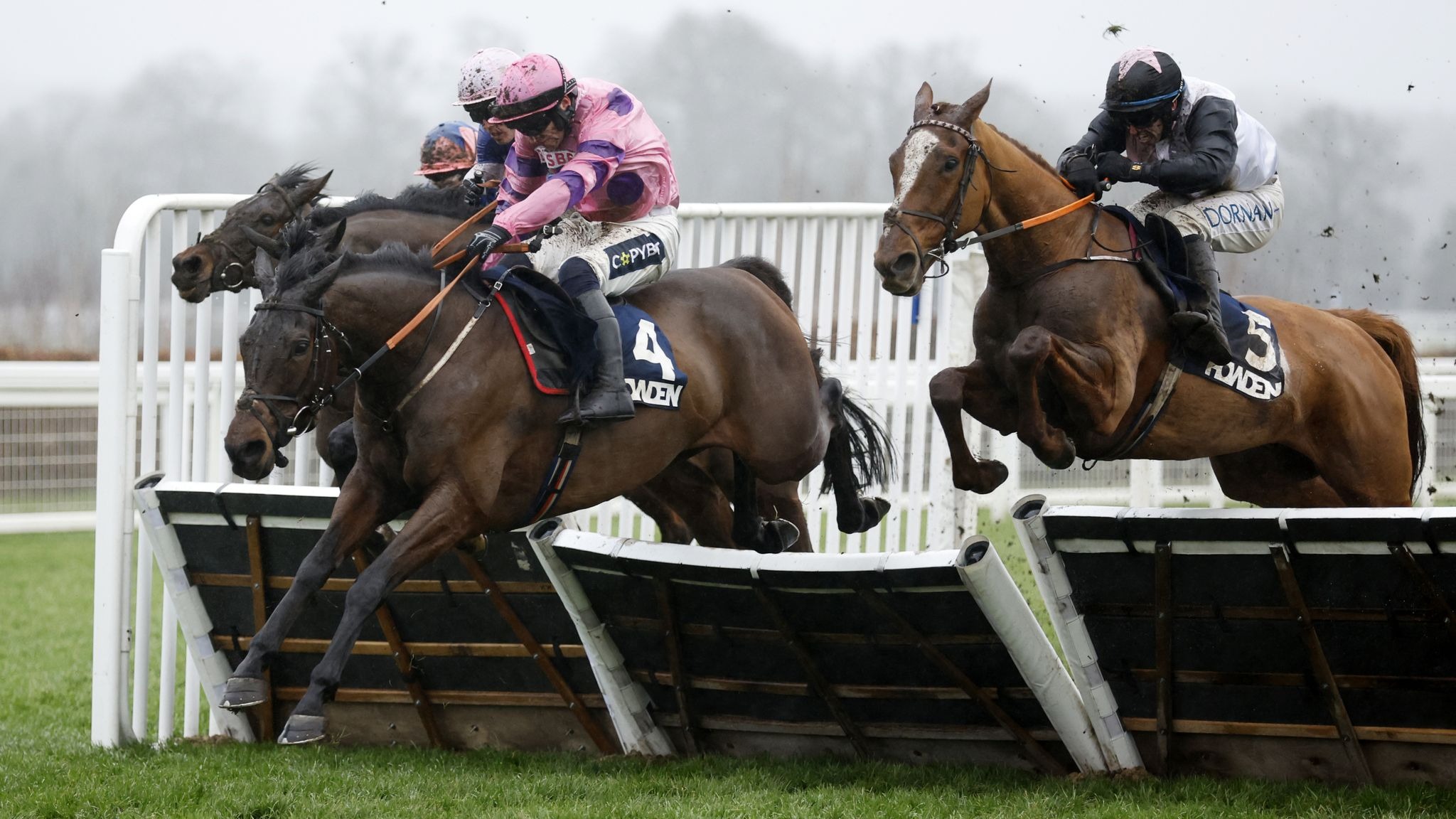Old Gold Racing
June 18, 2020True Colours by Barry Geraghty
Not an autobiography, this is a chronicle of the sporting history of an astonishingly successful jockey.

Written in the first person and the present tense, it is as though a relaxed Geraghty is sitting in the pub, telling the story of that part of his life he wants to make public.
Triumphs and disasters are related in detail by someone who was there. The nuances of any race - the mistakes, the breaks, the tactics, the skill, the bad luck, the fine margins - are meticulously itemised. The accounts are punchy and direct. In the rhythm of the text one can hear the clatter of hooves.
With nearly 50 Cheltenham Festival wins plus a Grand National, the jockey has a lot of material.
The book begins at the beginning. Childhood - Geraghty admits to crying easily - is briefly covered, and then pony racing. There is a poignant section where he describes a wooden structure with no moving parts on which he trained himself to 'ride a finish'. This is compelling, and a part of the book which will impinge on anyone, racing oriented or not.
It is in the nature of men to minimise hardship, to conceal vulnerability, This habit serves Geraghty well - sometimes. A smashed vertebrae is described as casually as we might mention a grazed knee. Pain is explained but not wallowed in. Sporting injuries are represented as both excruciating and ordinary, part of daily life for a jockey.
Brevity and the desire not to make a fuss works especially well when Geraghty deals with death. Of a horse, screened off on the track with a broken leg, or of a fellow jockey who died of complications some years after being paralysed by a fall. Geraghty recalls thoughtfully, we imagine the rest.
A lot of the text details Geraghty's professional relationships. This is where it leaves us feeling incomplete. It is as though we get only the sunny side. The moving mixture of the competitiveness and friendship of the 'weighroom' is expressed with simplicity and power, but the idea that jockeys enjoy a kind of perpetual love-in is obviously false.
We understood the loneliness and courage of a boy struggling to establish himself (or admired the tenacity of his response to injury) because we were told everything, or everything that mattered. In order to appreciate the value of the comradeship we need the same, and don't get it.
Trainers and owners are ruthless.They want to win and will do anything - hire and fire, for example - without a second thought. The idea that these highly competitive, cut-throat, testosterone-fuelled people exist in harmony with each other all the time is a fraction daft. While the writer may have good reasons for being reluctant to explore the darker side of his world he must accept that readers, feeling themselves being fed a slightly sanitised version, will censor the generosity of their response.
There are other times when sparing use of language pushes us away. At one point Geraghty intimates a problem with alcohol - and leaves it at that. One legitimately thinks: either tell me or don't. There are suggestions of wild nights out, and then no gory details. These are the dithery moments when the writer should have chosen one of two stools, and backed himself to win. Instead his book sprawls a bit uselessly on the floor for short periods.
True Colours covers the period up to Barry Geraghty's retirement in the Spring of this year and is ghosted with great skill by Niall Kelly.
Inexplicably lacking an index, it is published by Gill Books in Ireland and Headline in the UK.

Written by:
Old Gold Racing
Share article:


